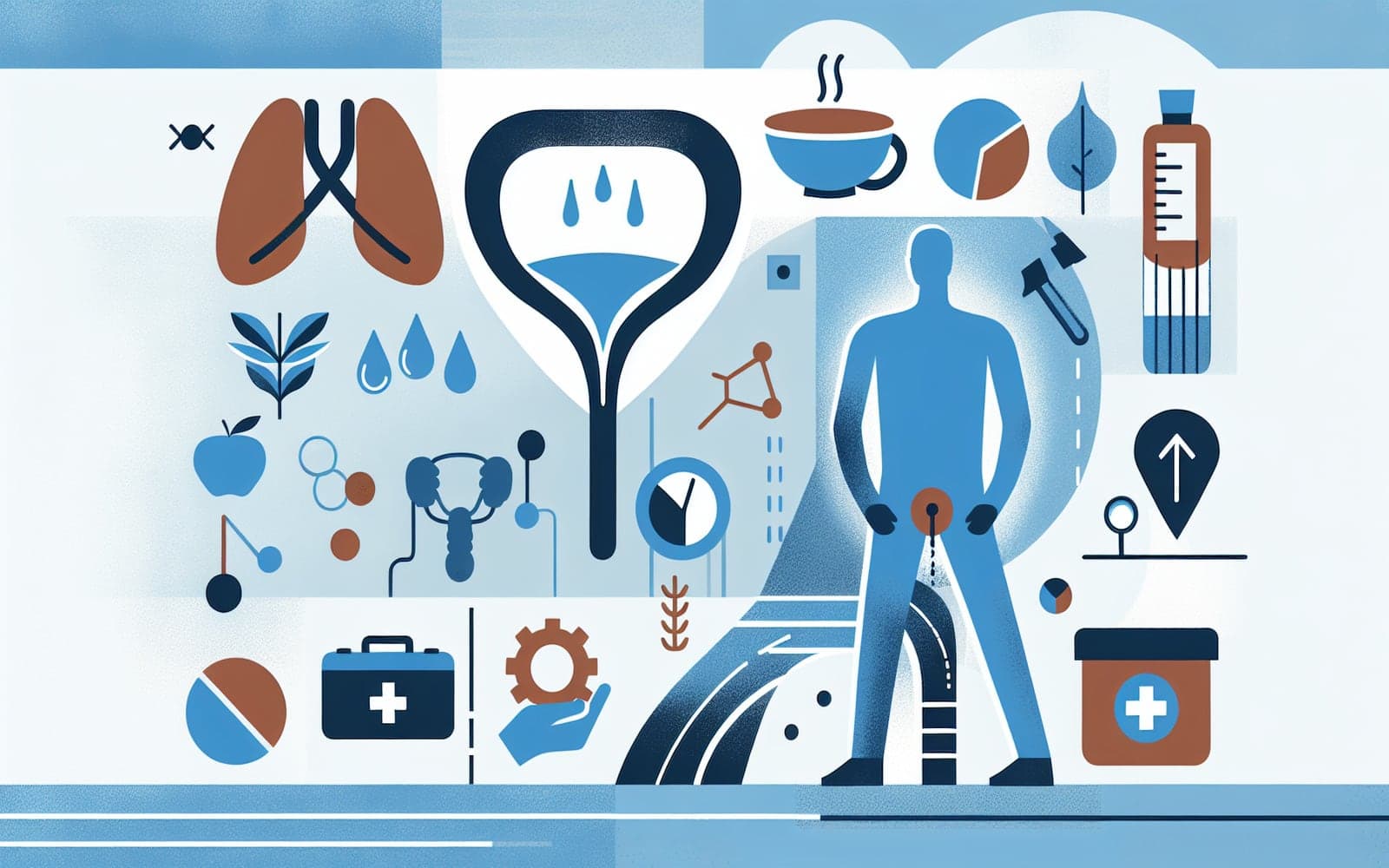Can Lifestyle Changes Prevent Urinary Incontinence?
Published: Sep 27, 2023
Urinary incontinence might be prevented or minimized through lifestyle changes and early intervention. Let's explore how you can take proactive steps.
Contents
The Role of Weight and Diet
Being overweight can increase pressure on the bladder, leading to stress urinary incontinence (SUI). Reducing weight through a balanced diet and regular exercise can alleviate symptoms. Avoiding bladder irritants like caffeine and alcohol may also help in reducing the occurrence of incontinence.
Importance of Fluid Management
Proper fluid management is crucial for preventing urinary incontinence. Drinking too much or too little can both lead to bladder issues. It's essential to maintain a balanced intake and avoid drinking large amounts of fluids before bedtime to minimize nighttime incontinence.

Exercise and Pelvic Health
Regular pelvic floor exercises strengthen the muscles that control urination. These exercises can be particularly beneficial for men post-prostate surgery. Engaging in a consistent routine can significantly reduce the risk of developing incontinence.
Frequently Asked Questions
Yes, losing weight reduces pressure on the bladder.
Yes, caffeine can irritate the bladder.
They strengthen muscles controlling urination.
Wrapping Up
Taking control of your lifestyle can be a key step in preventing urinary incontinence.
References
- Buckley BS, et al. Urology 2010; 76:265.
- Shamliyan TA, et al. Rev Urol 2009; 11:145.
This article has been reviewed for accuracy by one of the licensed medical doctors working for Doctronic. Always discuss health information with your healthcare provider.
AI Doctor Visit Required
Appointments available 24/7
15-min consultation. No hidden costs.
AI Doctor Visit Required
For safety reasons we have been forced to end this consultation.
If you believe this is a medical emergency please call 911 or your local emergency services immediately.
If you are experiencing emotional distress, please call the the Suicide & Crisis Lifeline at 988 or your local crisis services immediately.
Contact us
You can also email us at help@doctronic.ai
We aim to reply within 5-7 days
How likely are you to recommend Doctronic to friends or family?


